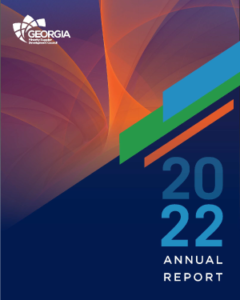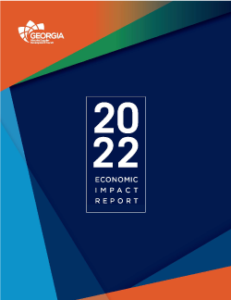The Courage to Commit
Can minority business wait 100 years for economic parity?
Since the civil unrest of 2020, driven by issues of race, class and culture rooted in America’s history and the ongoing violence against her citizens, the challenges our nation faces have been front and center. We have seen a tremendous flurry of activity from socially conscious and community focused corporations, who understand the importance of using their considerable resources to help communities recover. There have been donations made, non-profits established, new initiatives launched and statements of belief, policy and core values addressing areas like equity, supplier diversity, community development and social justice. The facts of the COVID-19 pandemic and the subsequent economic contraction – layoffs and furloughs, lockdowns and restrictions, health care facilities in crisis, dramatic reductions in revenues and profits, and ultimately loss of life and business closings – are not in dispute, nor is the fact that these challenges have disproportionately impacted communities of color. The question that keeps CEOs up at night is “How do we respond?”
A GMSDC study of the economics of minority business in Georgia indicates that the sector has been on the rise in our state, with small but noticeable gains in various key indicators each year. That same study, however, also indicates that the economic disparity between minority firms and their mainstream peers – in measurements like average revenue, number of employees, cash flow position and personal wealth – is so large that it would take 100 years to achieve economic parity at their current pace of growth. One of our goals is to reduce the timeframe within which these firms can be on par with others in their industries. We are challenging our community – 400+ corporations either headquartered in Georgia or with a significant presence here, and more than 900 minority suppliers with whom they do business – to take steps to accelerate the pathway to economic parity for our constituents. This important new initiative is called the One Percent Pledge.
Not to be confused with the description of the wealthiest Americans, known as ‘One Percenters,’ the One Percent Pledge is representative of a commitment by corporate and government supply chains to increase their annual spend with diverse suppliers by one percent per year. Corporate diverse spend goals are often adjusted to exclude certain categories in uniquely specialized industries or categories. Actual spend performance can vary from single digits to 30 percent or more, depending on the company, industry and intensity of the supplier diversity effort. Frankly, many companies tend to settle in at a goal level that is ‘comfortable’ without really challenging themselves to do more. If sufficient numbers of our corporate partners and governmental entities take the pledge, we can reduce the cycle time for achieving economic parity to only 15 years. The One Percent Pledge meets global supply chains where they are currently, through a high-impact, measurable, and achievable response to the question of what to do next to make a difference and initiate economic equity. That is an exciting prospect that should be seen as a win for everyone involved.
So, what are you prepared to do? Are you willing to step to the front of the line and join the courageous companies who have already committed to make the pledge? This is a seminal moment for American business, as we search for the formula that will jump-start the economy in a post-pandemic environment. Speeches, statements and community events are nice, but there must be action where the economic rubber meets the road for recovery to become reality. Minority businesses create jobs, hire local people, make investments in infrastructure, help people live their dreams and generate wealth in their communities…their survival and sustainability are mission critical to the overall state of the American economy. Can we count on you?
 Georgia Minority Supplier Development Council
Georgia Minority Supplier Development Council
